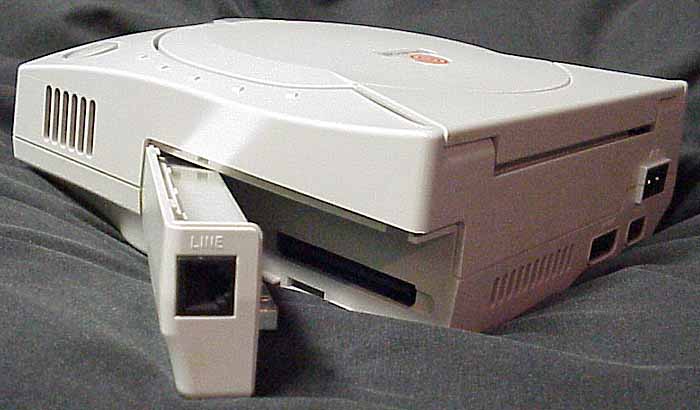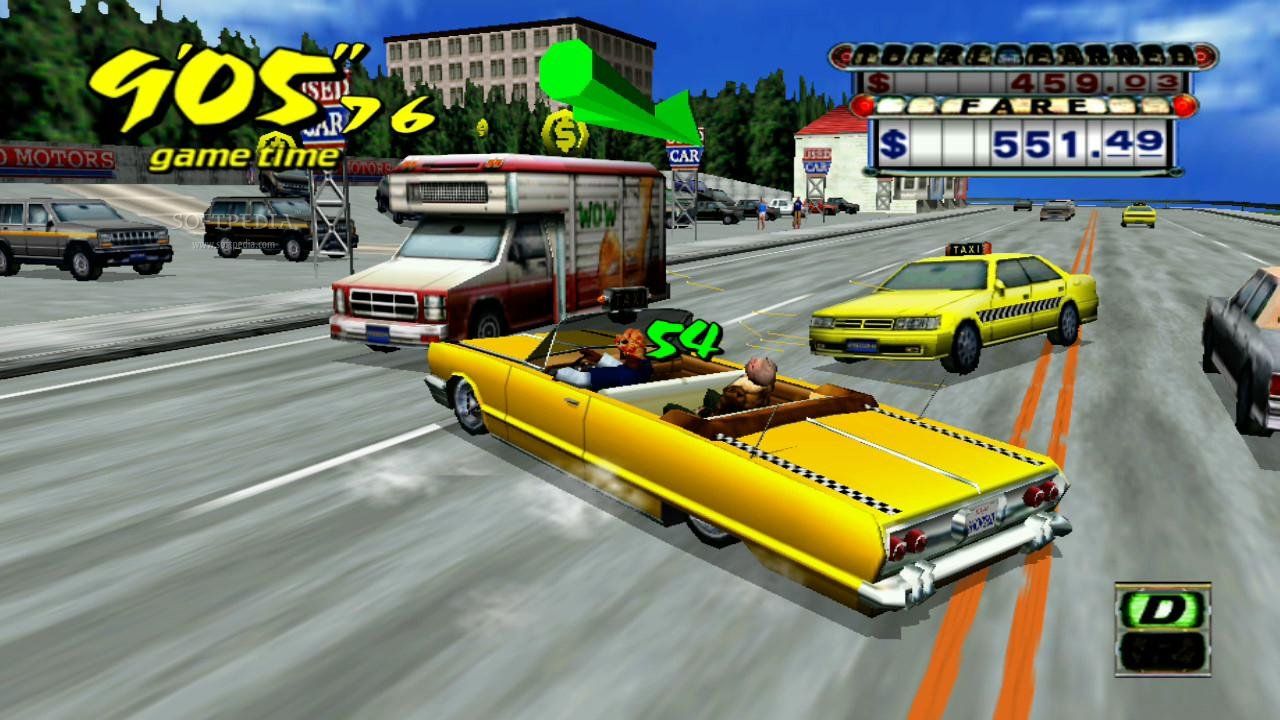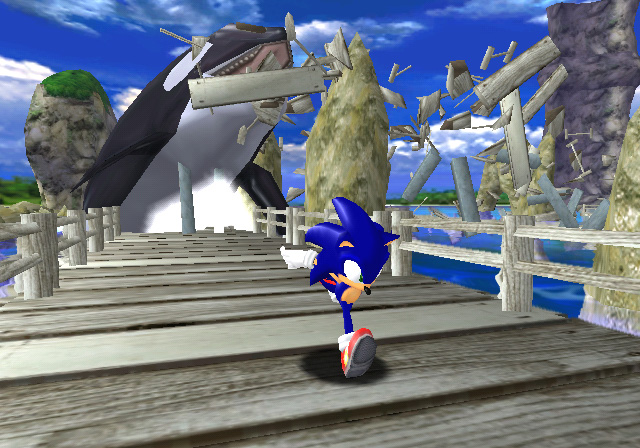Anyone that knows me well knows that my passion for video gaming started late in life. Whilst I was of the age to own a PlayStation or a Nintendo 64, my only relationship with those consoles were at my friends’ or cousins’ house. I have early memories of sitting down and playing Oddworld and Fantastic Four at my cousin Jill’s and playing Super Mario 64 at Ellis’ house.
After many years of these tertiary experiences, I would finally get my own console at the ripe old age of 8. I was too old to train to be a Jedi and I was past due video games under my own roof. So that Christmas, it finally happened. I received my own video game console, and that system was the SEGA Dreamcast.

My experience with that system was completely removed from the whole drama going down at SEGA. At the time, I had no idea what a Genesis or Saturn were. I had this completely innocent experience and it was wonderful.
Let’s start with the VMU, or Visual Memory Unit. The VMU was the memory card for the SEGA Dreamcast which fit into the controller through a slot. It was unique because it had its own built-in screen that provided a very primitive second screen experience. It allowed for mini games to be installed, file management, and transfer of data between two VMUs directly! It was one of the most ahead-of-its-time aspects to the SEGA Dreamcast, of which the system had many.
In fact, you could say that Nintendo is trying a similar concept with the NX; rumored to be a handheld system that doubles as a home console. Granted the VMU was a very early iteration of this idea, but let’s not forget the year was 1999. This was a truly an unusual, but nonetheless awesome concept.

SEGA Dreamcast was also quick to embrace the internet, realizing a future in which games are played online and between players around the world. The system included its own removable and upgradeable modem, and featured games such as Phantasy Star Online which paved the way for MMOs and other online RPGs. Couple this with the fact that the SEGA Dreamcast had ostensibly the most powerful GPU on the market, and it had classic games such as Jet Set Radio and Crazy Taxi, its truly remarkable that this system failed as terribly as it dead.

It wasn’t the system’s fault though. If you ask most gamers today that owned a SEGA Dreamcast they’ll look back at it fondly. I still regret selling mine to have the money for a GameBoy Advance (still a dope handheld), but the fact of the matter is there was just no third party support for the system.
All the games I wanted were coming to PS2 and there were a ton of other games that were on the original PlayStation I could also play on that system. On top of that, some of my favorite games for Dreamcast such as Crazy Taxi and Ready 2 Rumble boxing were also making their way to the PlayStation 2.
SEGA just couldn’t entice game creators and the fact that the system was more powerful yet harder to develop for frankly scared away a lot of potential business. It was an issue Sony themselves would run into with their PlayStation 3 and the Cell processor, but they were coming off the back of the PS2: the best selling console of all time. SEGA was coming off the Saturn, one of the most derided and underperforming consoles in history. The Dreamcast had to knock it out of the park, and whilst it swung with all its might, the curveball it was handed didn’t quite connect.

Less than two years after its release, SEGA was desperately trying to offload product by severely reducing its price and it marked the end of SEGA’s foray into hardware. Some say Nintendo should learn from SEGA's example and not try to make another console after the laughable performance by the Wii U. But Nintendo still has a boatload of cash its sitting on thanks to the success of the Wii, and will now make a second boatload thanks to Mario coming to iPhone. This does show, however, that Nintendo is looking toward other outlets to produce revenue.

The SEGA Dreamcast is maybe the most beloved console of all time despite the fact it was only on the market for 18 months. If the situation had been different; if SEGA had followed up the Genesis with a successful Saturn, the third party support might have been there. Faith in SEGA may have been strong enough to bring on the future of gaming years earlier than it arrived. There have been rumblings for years about a successor to the Dreamcast, but I believe that time is unfortunately come and gone. All we have now are our memories of a system that tried its hardest, and burned as brightly for as long as it could.










